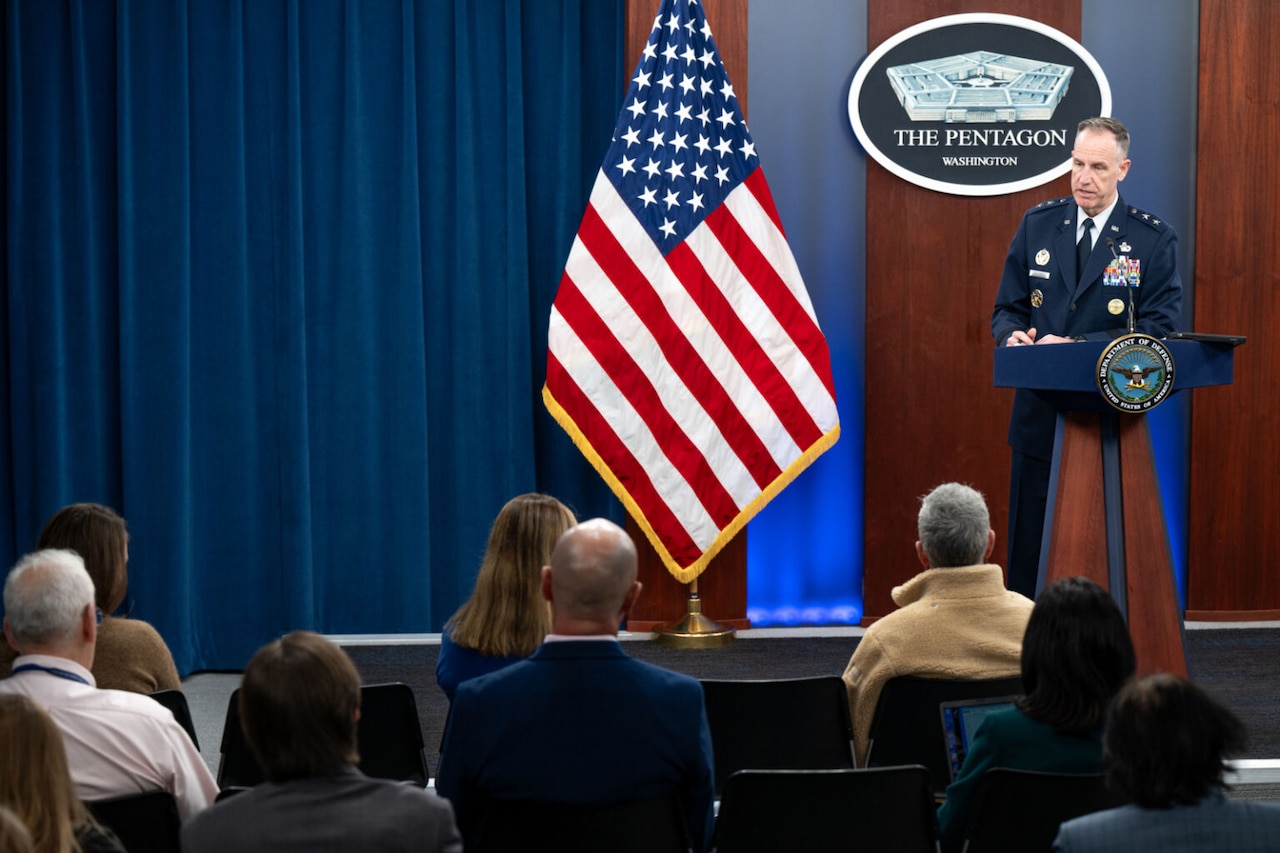Israel and Lebanon have agreed to a ceasefire which could lead to a cessation of Hezbollah attacks on Israel and the phased withdrawal of Israeli troops from southern Lebanon, according to news reports.
The U.S. Defense Department will play a role in the ceasefire, but there are few details, said Pentagon Press Secretary Air Force Maj. Gen. Pat Ryder today. “We’re, of course, strongly supportive of a ceasefire,” Ryder said during a Pentagon news conference. “We’re consulting closely with our interagency partners in terms of what potential contributions the DOD can make.”
DOD has worked tirelessly with interagency partners and international allies and friends to end the conflict in the region. “The Department of Defense plays an important role within our interagency here in the U.S. and on working with partners in the region to prevent a wider conflict,” he said.
The conflict between Israel and the Iranian proxy Hezbollah has killed approximately 3,800 people and wounded about 16,000, Lebanese officials have said.
“We’ve seen diplomatic means as key to enabling both Lebanese and Israeli citizens to return to their homes on both sides of the blue line,” Ryder said. “That’s probably the most significant [development], as well as just the simple fact of reducing the amount of violence that we’re seeing and the destruction and death on both sides of the border.”
Ryder said the United States would like to see a ceasefire in Gaza as well. “Certainly, we still want to see a situation in Gaza where there is a ceasefire, so that we can increase the flow of humanitarian assistance and restore a sense of stability and security in that region,” he said.
The ceasefire with Lebanon could carry over to Gaza. There is “a lot of potential good could come out of this ceasefire [with Lebanon],” Ryder said.
Ryder was asked about reports of drones flying over bases in the United Kingdom that the United States uses. The general said none of the incursions has impacted base residents or the missions of the units on those bases. “We’re, of course, continuing to work with host nation authorities and our mission partners to ensure the safety of our personnel, our facilities and equipment,” he said. “You know, the bottom line is, it’s something that we’re going to take seriously. We’re continuing to look into it, but as of right now, it has not had any significant mission impact.”
(Except for the headline, this story has not been edited by PostX News and is published from a syndicated feed.)


